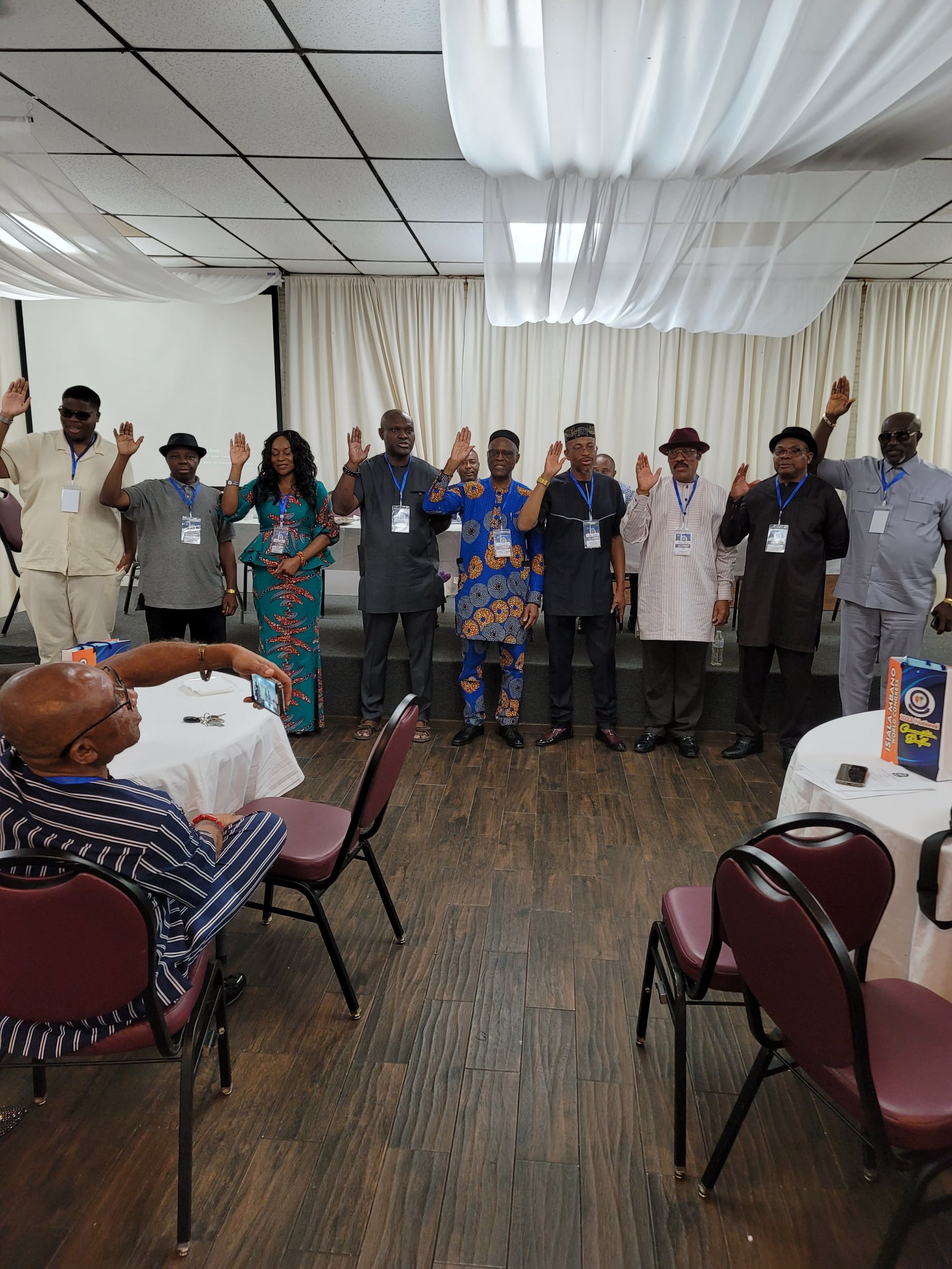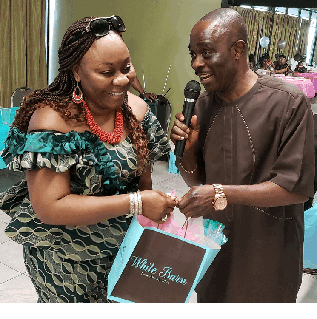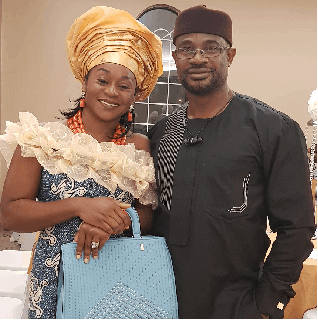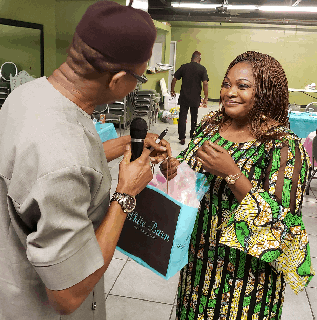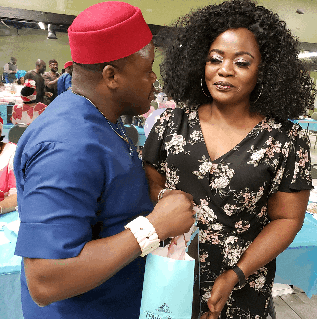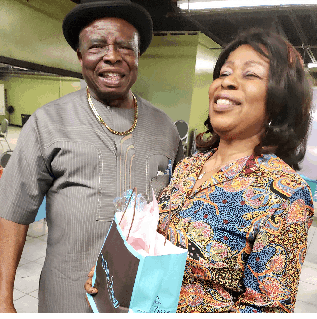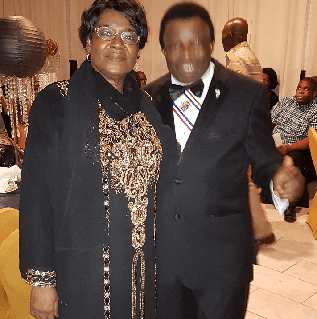Mission Statement
Adopting a presidential statement during the convention and relative to various presentations on the impact of insecurity and human suffering in our communities. It is noted that insecurity is linked to hunger as it is the most significant driver of high levels of acute food shortage and poor economic growth amongst our people.
Members expressed concern over the growing number of kidnappings, ritual killings, armed robbery, and drug abuse among the youths in our communities. Members reiterated the need to break the vicious cycle between insecurity and economic underdevelopment. Members loudly voiced out that the impact of insecurity on business, commercial activities, farming, and education in our communities can not be over emphasized.
To this end, IMWC convention Dallas 2023 resolved and committed to ensuring the safety of our communities by any means legally permitted. We all can and will play an important role in the development of Isiala Mbano. Taking a few steps now, you can be better prepared and assist in saving lives and properties in our communities.
The roadmap for action will be announced later
Isi Nkwomba Road
